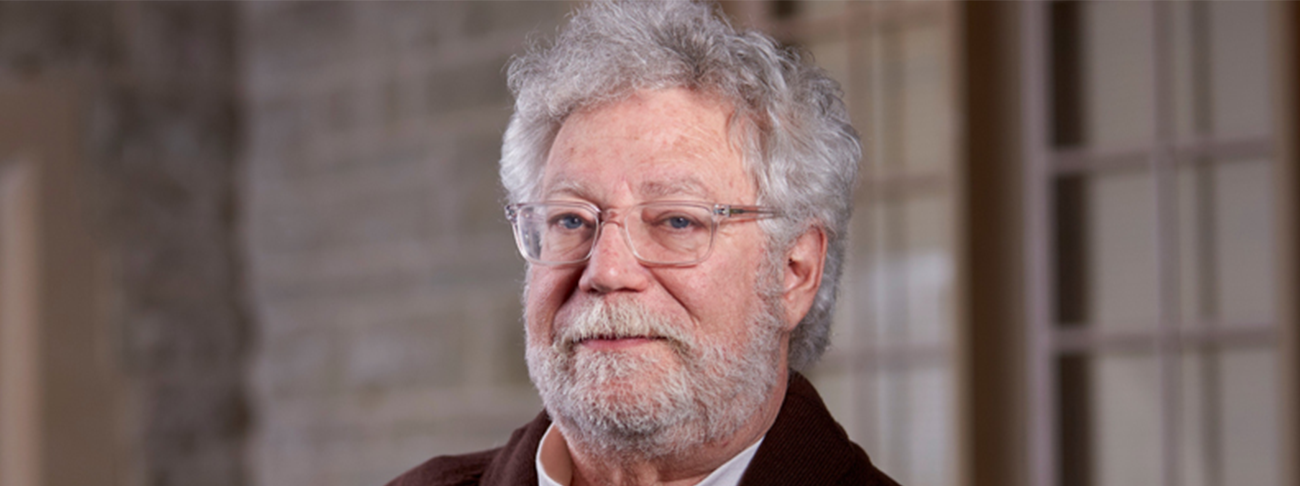
Samuel Trosow is an associate professor at the University of Western Ontario, jointly appointed to the Faculty of Law and the Faculty of Information and Media Studies. His work focuses on the intersection of information and communications law and policy, new media and the information/communications professions. Since the COVID-19 outbreak, he points to particular concerns around remote teaching, which raises unique copyright issues of importance to educators.
Typically, what types of a teacher’s work are affected by copyright law?
When thinking about rights, obligations and exceptions under copyright, first, there are works. Works is the main subject area of copyright, and they can be literary, dramatic, artistic, musical, or some combination. But there are also other subject matters of copyright that we are concerned with and in particular what we call a performer's performance. To simplify this, the performance is a lecture. Works include slides, class notes, and writings. We have works, we have performer's performances, and we have sound recordings, where typically a performance of a work is embodied. As a practical matter, these three types of interests merge together but it's very useful to think of them separately in terms of what rights you actually have because they're treated separately in the Copyright Act.
Can you explain again the difference between works, such as classroom slides, and performance, which is a teacher reading those slides in a lecture?
Teachers usually don’t just read slides, because there's no point to that, but they embellish them. Slides are an outline, but teachers also give a lecture, which constitutes a performer’s performance, and is a separate interest from the copyright in the work. A performer's performance of a work is typically going to be fixed in some type of tangible medium so people can watch it later.
Who owns a recording of a teacher’s works and performance?
The first owner of a work is the creator. The first owner of a performer's performance is the performer, which is the teacher and anyone they are working with. But here’s the important thing: if it's a sound recording, the owner is the maker of the recording. In a lot of ways, the sound recording might be the most important thing because that's the artifact in which the work and the performer’s performance are embodied. This can then lead to a dispute. Who is the maker of that recording, that artifact? The Act tells us the maker is the person who makes the arrangements necessary for creating the recording, and that may depend on a lot of different factors. If the instructor is using the employer’s equipment or other staff is involved, this can lead to a dispute about the ownership of the recording.
Does the employer own a lecture if it is recorded?
The author is the first owner of the copyright states Section 13(1) of the Copyright Act. But section 13(3) carves out an exception, which is that absent an agreement to the contrary, an employer owns the copyright where the creator is under a contract of service and the work was made in the course of employment. There is a whole body of law that helps us understand whether something is done in the course of employment or not. Basically, we have a rule, we have an exception, and we can contract out of the exception by having an agreement to the contrary.
Why is it important to have an agreement to ensure copyright is retained by the teacher?
If there is no agreement to the contrary of section 13(3) or other rights, there is a good chance the employer may try to make a claim not only on the substance of the work but the recording of the performance, which is problematic. Academic staff should aim to protect ownership and control over their academic work. This includes the substance of the work as well as the lecture (which is a performance) and any resulting recording. Generally, there is an understanding in Canadian academia that academic staff are considered the owner of their works, but the written contract is still going to be very important.
Why is it important for academic staff to own their works, their performance and the recording?
If an employer captures it, they may want to use it again. This is particularly of concern if teaching under a contract. Imagine giving your best performance and then you are not hired again because they can reuse the recording. It would be in the interest of the employer to save money in that way, and so teachers need to be really careful. Academic staff need to know if something's being video- or audio-taped. If the contract states that the intellectual property in that performance is owned by academic staff, it is very important to know when and how it's being recorded, where it is being stored, and for what reason that tape will be reproduced. Course management systems pose particular challenges because they likely remain under the control of the employer even after the course is completed.